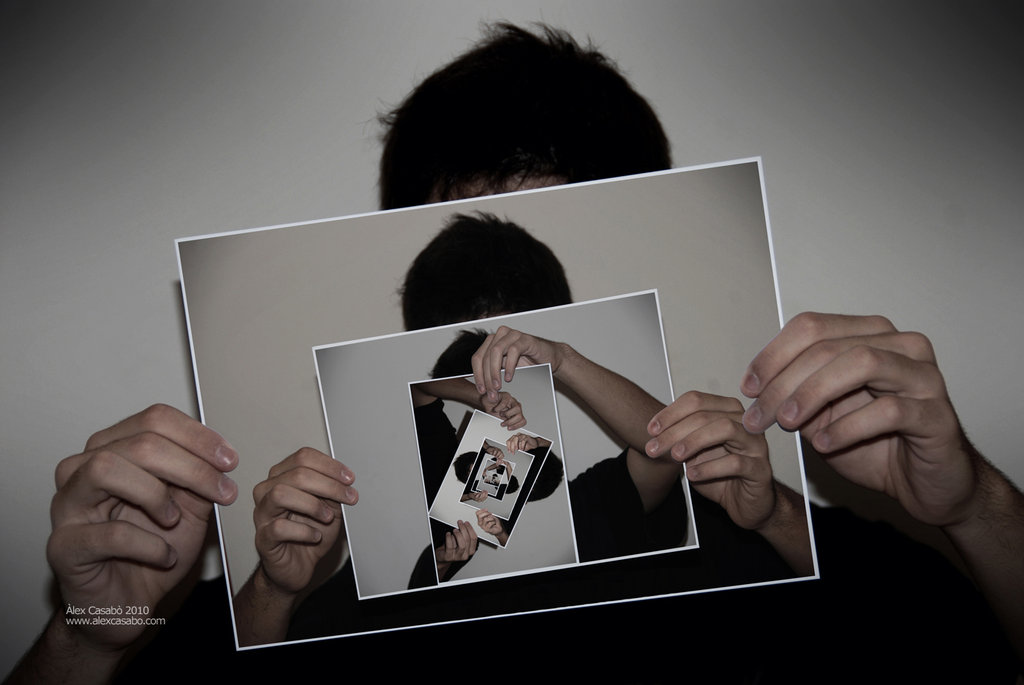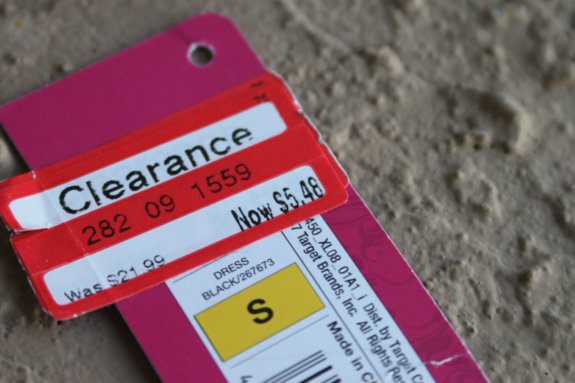 TC's Guidelines and Principals for Life #7: "Don’t worry so much about where you are, focus on who you are. Worry more about what’s happening in you than what’s happening to you."
I learned this lesson when I found myself stuck in a corporate job that I didn't want. I'm grateful for the job, because it allowed me to provide for my family while I was working on attaining a graduate degree in Theology.
TC's Guidelines and Principals for Life #7: "Don’t worry so much about where you are, focus on who you are. Worry more about what’s happening in you than what’s happening to you."
I learned this lesson when I found myself stuck in a corporate job that I didn't want. I'm grateful for the job, because it allowed me to provide for my family while I was working on attaining a graduate degree in Theology.
But the job didn't connect with what I felt God had called me to do, so I was pretty miserable.
One morning, as I was walking to the train to start my day (which also included a 3 hour commute), I felt God say this guideline to me. That I was so worried about what I was doing, that I wasn't paying attention to what God wanted to do within me. That the frustrating situation that I was in was actually causing me to become a different person.
A person who needed more faith and trust in God. A person who would have compassion for people who were stuck in the same type of situation.
I was eating manna in the wilderness because God was preparing me for the promised land he had for me.
Israel could have crossed from Egypt to Canaan in a matter of weeks or perhaps months. It took 40 years because God had to prepare them for their destination.
If you have areas in your life where you are frustrated, ask God what he wants to accomplish in you during that situation.
I found that God was dealing with specific issues within me that he wanted to deal with: pride, impatience, anxiety; and so he would put me in situations that really brought those problems to the front in my life. Then, he would go to work, helping me to confront those issues.
God is less concerned with getting us somewhere 'quickly' as he is with us being 'healthy' when we get there.
Elsewhere, I've made the analogy that God is more like a crockpot than a microwave.
God wants us to to grow as a person and connect more with Him before we start going off and trying to do something with it. And that's basically the opposite of what our culture tells us. Success means being the first to make it to a certain level.
But God isn't keeping score like some demented rat race. He's building relationships that make up his Kingdom of love and peace and joy.
And unless you become a healthy person, you'll never get to enjoy the benefits of that kingdom.
Stop measuring yourself against others, and instead time time to learn what God's agenda is for you.
___________________________________________
35@35 is a blog series by Thomas Christianson which involves 35 blog posts in 2014 on 35 things he has learned at the age of 35.











